Breaking Boundaries at the Paris 2024 Olympics: A Step Towards Gender Equality and Human Empowerment
The Paris 2024 Olympics mark a significant milestone in the evolution of sports, encapsulated by the enduring Olympic motto, “Citius, Altius, Fortius” or “Faster, Higher, Stronger.” This celebration of athletic prowess extends beyond mere competition; it embodies the human spirit’s quest to exceed prior achievements and to challenge existing boundaries. Athletes do not merely strive to outperform their rivals; they endeavor to set new records and elevate the standards of human capability. A gold medal represents the pinnacle of achievement, yet surpassing previous world records constitutes the ultimate honor.
This year’s Olympics offers valuable lessons that transcend the domain of athletics. Sports serve as a vivid reflection of cultural ideals and societal norms, revealing much about human nature, including the pervasive boundaries of gender stereotypes. In light of Carlos Yulo’s remarkable dual gold medal triumph in gymnastics, social media highlighted how these victories illustrate the obsolescence of preconceived notions regarding gender roles in athletics. Traditionally, weightlifting has been perceived as a male-dominated sport, while gymnastics has been categorized as more suitable for women. However, the successes of both Yulo and Hidilyn Diaz, the latter securing gold in weightlifting, challenge these archaic stereotypes. Had these athletes adhered to such limiting beliefs, our nation might still lack Olympic gold medals today. Instead, their achievements inspire national pride and unity. It is also essential to recognize the contributions of female athletes like Nesthy Petecio and Aira Villegas, who earned bronze medals in boxing, a sport similarly burdened by masculine stereotypes.
A historic breakthrough was achieved in the 2024 Olympics, as the number of female athletes participating equaled that of their male counterparts for the first time, with both categories comprising 5,250 participants. Thomas Bach, President of the International Olympic Committee (IOC), hailed this event as a pivotal moment in advancing women in sports and enhancing gender equality. This parity significantly contributes to dismantling gender stereotypes and empowering women, providing a vital avenue for women’s empowerment and improving their societal status.
The journey towards gender equality within the Olympics has been a steadfast endeavor, with the IOC enacting crucial reforms over the last thirty years. The Olympic Charter was amended in 1996 to underscore the IOC’s commitment to promoting women in sports. Additional initiatives, including policy adjustments, increased medal opportunities for female competitors, and the introduction of mixed-gender events, have further advanced this equality.
While achieving gender parity at the Olympics is commendable, the focus must evolve from mere numerical equality to fostering genuine equality in athletic opportunities outside of the Games. The presence of women in the Olympics catalyzes greater opportunities for female athletes globally; nonetheless, participation disparities often persist, particularly in developing nations where women continue to confront significant barriers rooted in discrimination and entrenched gender norms.
The representation of women in the Olympics profoundly impacts the empowerment of girls and women while challenging societal expectations. Witnessing women succeed, earn medals, and set records encourages young women to pursue their aspirations across diverse fields, including sports, business, technology, and science. Such visibility allows them to recognize their potential and motivates them to strive towards achieving it.
Despite the progress made, the specter of gender inequality lingers within the realm of sports. The stark pay gap between male and female athletes remains evident; for instance, the prize fund for the men’s Tour de France amounts to 2.3 million euros, compared to a mere 250,000 euros for the women’s equivalent. Furthermore, a 2022 study by Wasserman revealed that female athletes receive only 16 percent of all sports media coverage, highlighting the ongoing disparities.
As we reflect upon the lessons derived from the Paris 2024 Olympics, it becomes clear that the imperative to break boundaries extends beyond physical limitations. The unity fostered among athletes at the Olympics serves as a testament to our shared humanity. The interactions between competitors, such as Chinese gymnast Zhou Yaqin’s celebration after winning a medal, emphasize the collective strength found in diversity. Thus, the Olympics provide a platform to celebrate humanity’s vast potential and challenge antiquated limitations.
In conclusion, we extend our heartfelt congratulations to the exemplary athletes who represented our nation at the 2024 Paris Olympics, including Carlos Yulo, Aira Villegas, Nesthy Petecio, EJ Obiena, and numerous others. Their achievements have illuminated the strength, grace, grit, and beauty inherent in the human spirit. Let us continue to break through the barriers that hinder our best selves and forge a path towards a more equitable society.
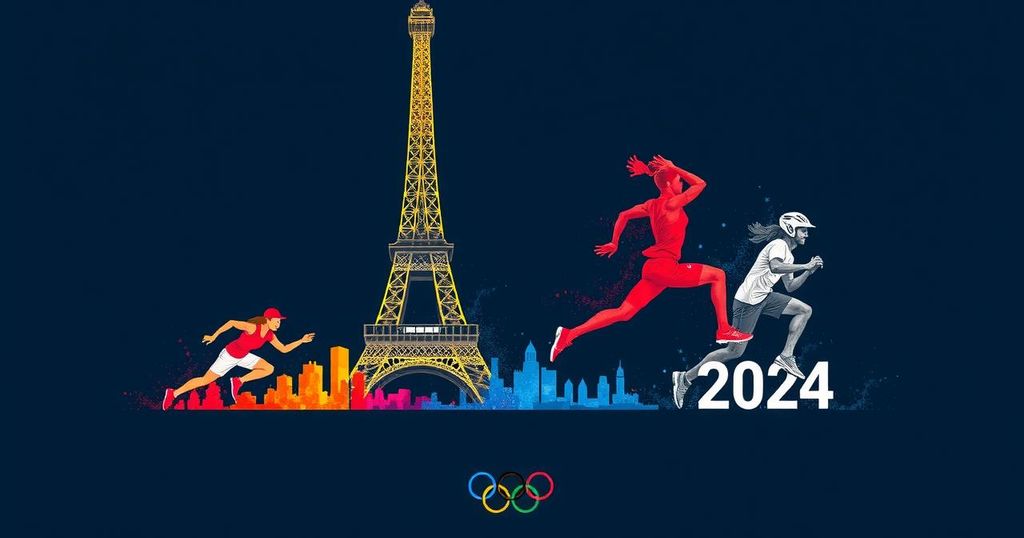

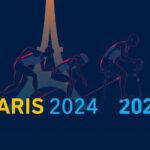

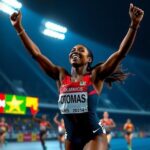
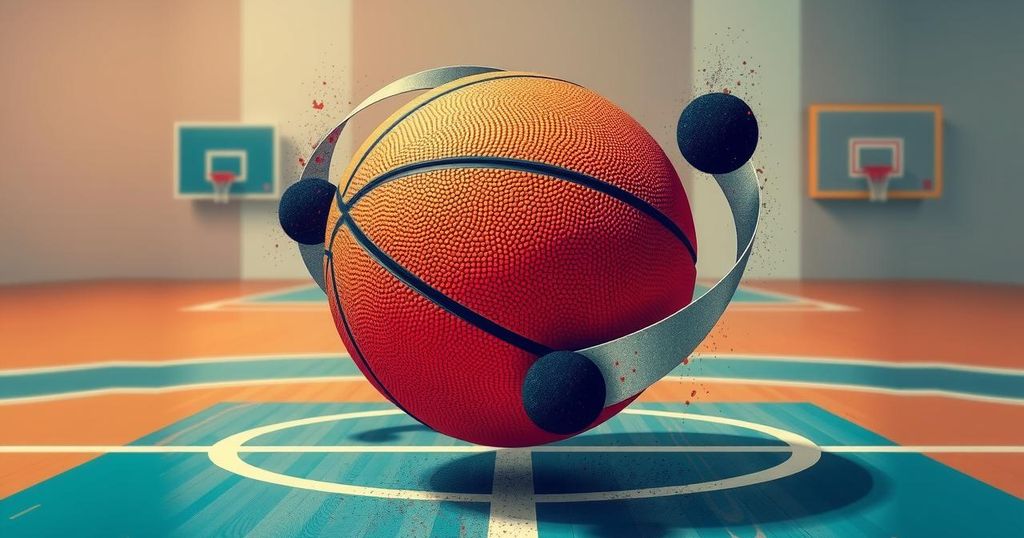
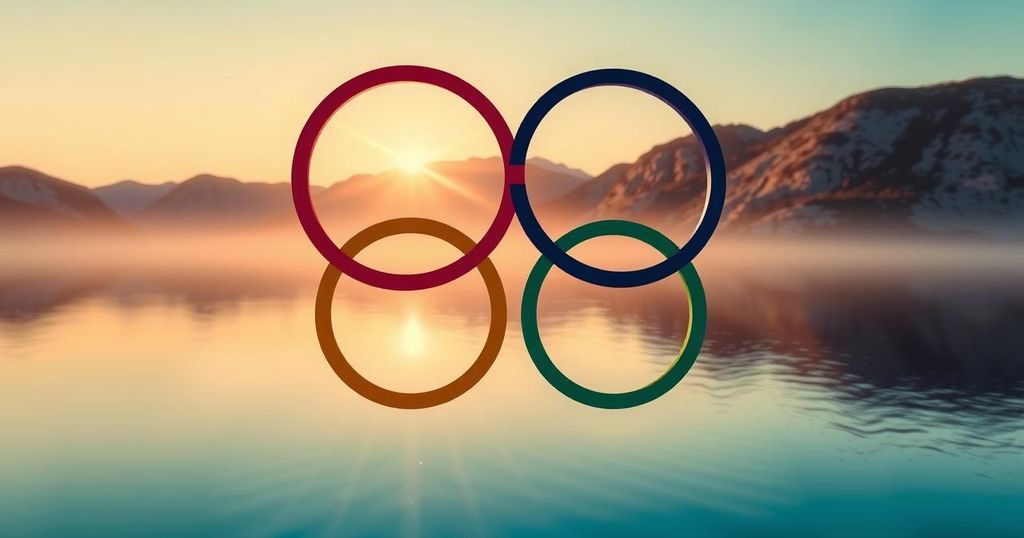

Post Comment